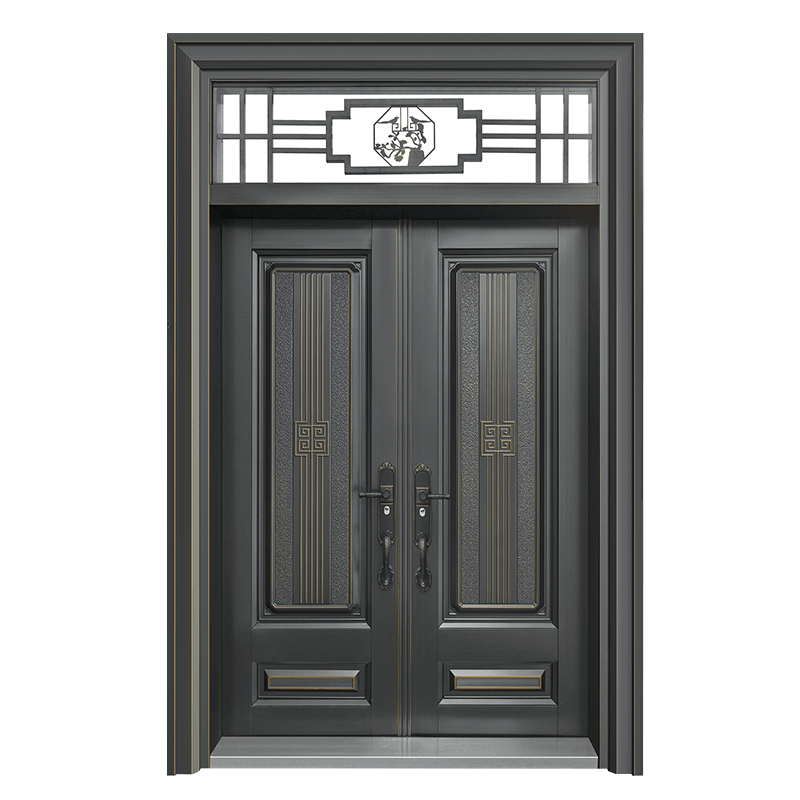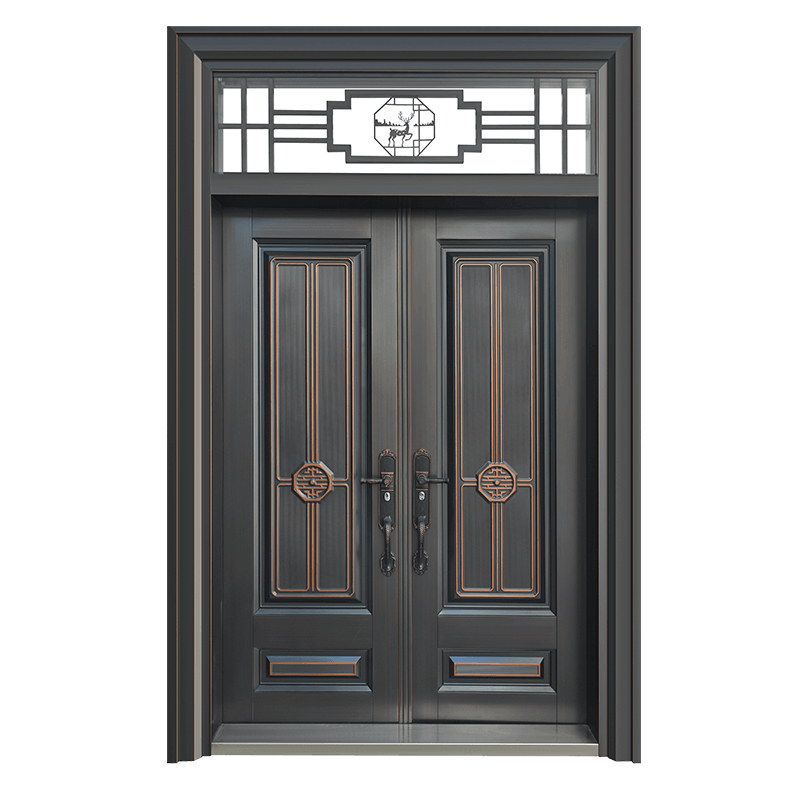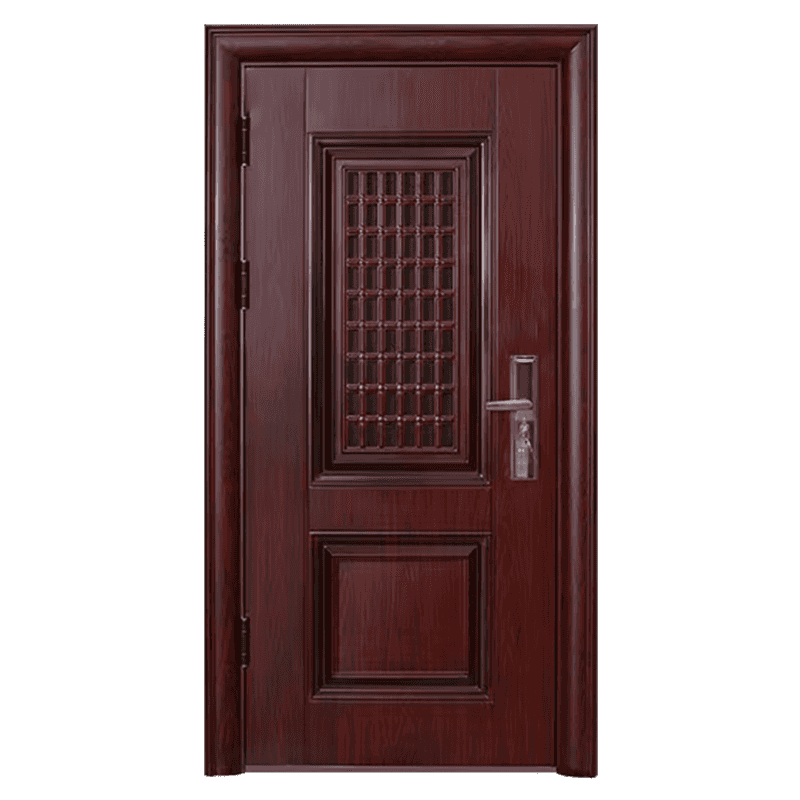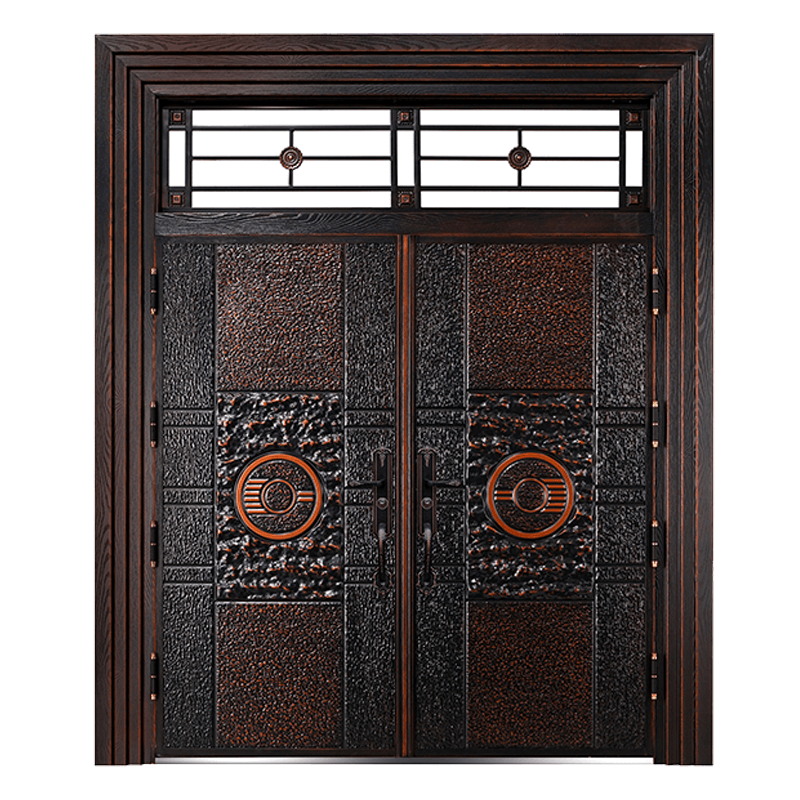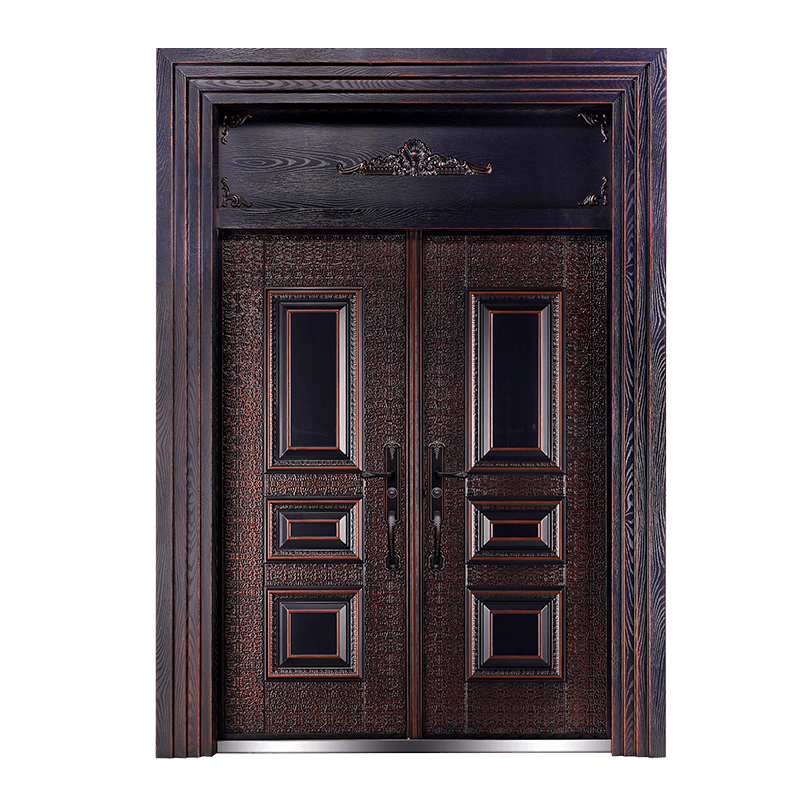The Role Of Fire Resistant Windows In Home Safety
Jun 24, 2024
Design High Quality Fire Resistant Window Exterior Metal Door
Fire safety is a crucial aspect of home design that cannot be overlooked. One key component in ensuring the safety of a home from fire hazards is the installation of fire resistant windows. These windows play a significant role in preventing the spread of fire and protecting the occupants of a house. This article explores the importance, benefits, and considerations associated with fire resistant windows, emphasizing their vital role in home safety.
Understanding Fire Resistant Windows
A fire resistant window is specifically designed to withstand high temperatures and prevent the passage of flames and smoke for a certain period. These windows are made using specialized materials and construction techniques that enhance their ability to resist fire. The primary purpose of fire resistant windows is to provide a barrier that can slow down or prevent the spread of fire, thereby giving occupants more time to evacuate and reducing the risk of extensive property damage.
Importance of Fire Resistant Windows
The installation of fire resistant windows is an essential measure in enhancing the overall safety of a home. Fire resistant windows serve multiple purposes in protecting a home and its occupants. They help contain the fire within a specific area, preventing it from spreading to other parts of the house. This containment can be crucial in giving firefighters more time to arrive and control the blaze.
Secondly, fire resistant windows provide an additional escape route for occupants. In the event of a fire, these windows can serve as emergency exits, allowing people to escape the building safely. This is particularly important in multi-story homes where traditional exits might be blocked by fire.
Lastly, fire resistant windows can significantly reduce the amount of smoke and toxic gases that enter a home during a fire. Smoke inhalation is a professional cause of fatalities in fires, and by less the entry of smoke, these windows can help protect the health and lives of the occupants.
Benefits of Fire Resistant Windows
The benefits of installing fire resistant windows extend beyond their primary function of fire prevention. These windows also offer several additional advantages that enhance the overall safety and comfort of a home.
1. Improved Insulation: Fire resistant windows often feature multiple layers of glass and specialized coatings that enhance their insulating properties. This can help in maintaining a comfortable indoor temperature and reducing energy costs.
2. Noise Reduction: The construction of fire resistant windows provides ideal sound insulation, reducing the amount of external noise that enters the home. This can create a quieter and more peaceful living environment.
3. Enhanced Security: Fire resistant windows are typically more robust and durable than standard windows, providing an additional layer of security against break-ins and vandalism.
4. UV Protection: Many fire resistant windows come with UV-resistant coatings that protect against the harmful effects of ultraviolet rays, which can cause fading and damage to interior furnishings.
Considerations When Choosing Fire Resistant Windows
When selecting fire resistant windows for your home, several factors need to be considered to ensure that you choose the right products for your needs. Here are some key considerations:
1. Fire Rating: Fire resistant windows are rated based on the duration they can withstand fire exposure. Common ratings include 20, 45, 60, and 90 minutes. The appropriate rating for your home will depend on local building codes and the level of fire risk in your area.
2. Material: Fire resistant windows can be made from various materials, including tempered glass, wired glass, and glass ceramics. Each material has its own fire resistance properties, and the choice will depend on factors such as budget, aesthetics, and specific fire safety requirements.
3. Installation: Proper installation is crucial to the effectiveness of fire resistant windows. It is essential to work with experienced professionals who are knowledgeable about fire safety regulations and installation techniques.
4. Maintenance: Regular maintenance is necessary to ensure that fire resistant windows remain in good condition and continue to provide the intended level of protection. This includes inspecting the windows for any damage, cleaning them regularly, and ensuring that the seals and frames are intact.
5. Compatibility with Other Safety Measures: Fire resistant windows should be part of a comprehensive fire safety plan that includes other measures such as smoke detectors, fire alarms, and fire extinguishers. Ensuring that all these components work together effectively can enhance the overall safety of your home.
Fire resistant windows play a critical role in enhancing the safety of homes by providing a barrier against the spread of fire, offering additional escape routes, and reducing the infiltration of smoke and toxic gases. The installation of these windows brings numerous benefits, including improved insulation, noise reduction, enhanced security, and UV protection. However, choosing the right fire resistant windows requires careful consideration of factors such as fire rating, material, installation, and maintenance.
Incorporating fire resistant windows into your home safety plan is a proactive step towards protecting your family and property from the devastating effects of fire. By investing in these specialized windows, you can gain peace of mind knowing that you have taken a significant measure to enhance the safety and resilience of your home.
Remember, fire safety is not just about having the right equipment but also about ensuring that it is properly maintained and integrated into a comprehensive safety strategy. Fire resistant windows are a vital component of this strategy, providing a reliable defense against one of the more dangerous threats to home safety.

 English
English 中文简体
中文简体 Français
Français Español
Español عربى
عربى
